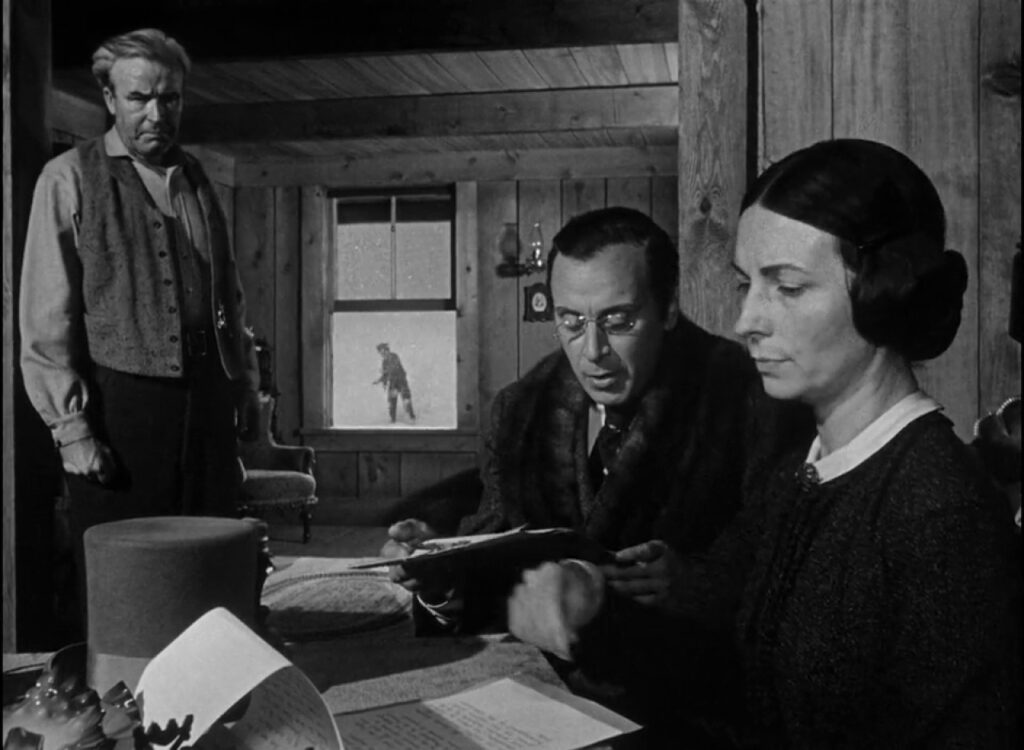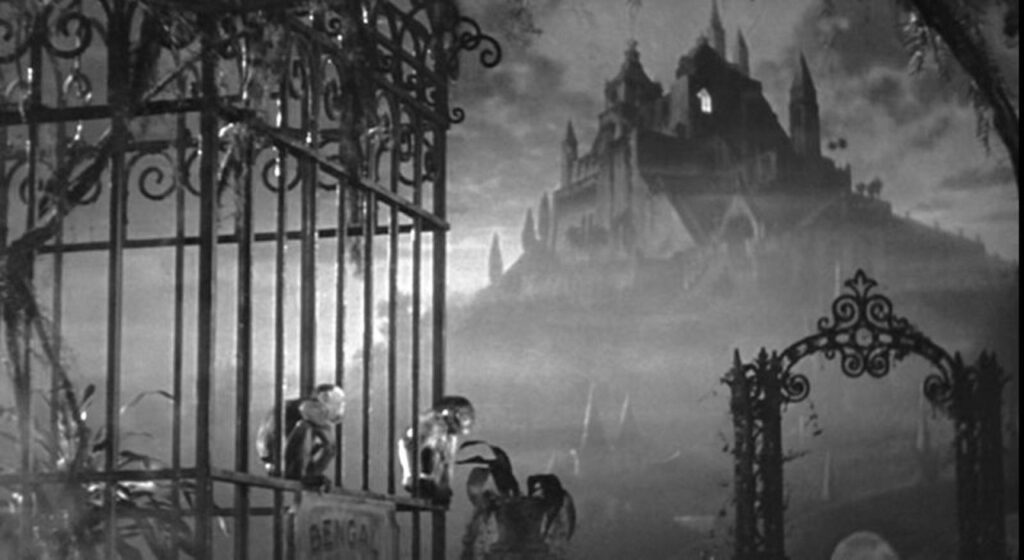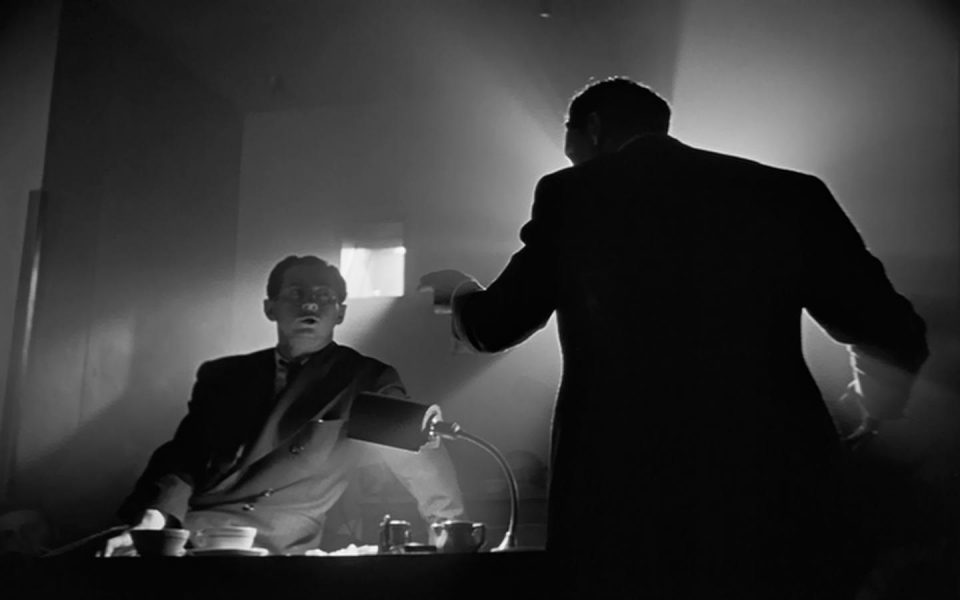Two quotes from the Letters section of the February 3, 1977 New York Review of Books:
John Bernard Myers: “It can easily be demonstrated that film directors created this art: Méliès, D.W. Griffith, Charlie Chaplin, Eisenstein, Pudovkin, G.W. Pabst, Fritz Lang, Abel Gance, René Clair, Robert Flaherty, Alfred Hitchcock, Louis Malle—the list is long.”
Gore Vidal: “[Peter] Bogdanovich’s list of Welles’s post-[Herman] Mankiewicz films as compared to Mankiewicz’s post-Welles films only proves that neither was to be involved in another good film (excepting The Magnificent Ambersons and Christmas Holiday) ever again. This is the not unusual fate of movie makers as I discovered, and as Bogdanovich is discovering. You almost can’t win.
“With characteristic wit, wisdom, and eloquence, John Myers proves my point that ever since the movies began to talk the writer, not the director, is the essential creator of any film. Mr. Myers lists the directors that he admires and except for Louis Malle, they are all silent film directors (Fritz Lang of course worked in both silent and sound). Are the movies really and truly an art form? Nolo contendere.”
It’s astonishing that Vidal should argue and apparently believe that we value Chaplin, Eisenstein, Clair, and even Hitchcock as artists, if at all, only when they made silent pictures — apparently unlike Fritz Lang, whose M is a talkie. It’s also significant that Vidal doesn’t even bother to consider that Chaplin and Eisenstein wrote their own pictures. He was also, like Finchers Senior and Junior, willing and eager to accept and further spread Kael’s inaccurate assertion that Herman J. Mankiewicz was the only screenwriter on Citizen Kane, not bothering to research the matter.
At least Vidal, unlike David Fincher, had the excuse of sounding off a year before the definitive account of who wrote what (and when and where) was published–“The Scripts of Citizen Kane” by Robert L. Carringer, Critical Inquiry 3, 1978, reprinted in James Naremore’s Orson Welles’s Citizen Kane: A Casebook. But even before the Internet began to canonize what was deemed Common Knowledge and what wasn’t, a lack of scholarship about film history was felt in such regions as the New York Review of Entitlements (i.e. the Times, New Yorker, and their tributaries, e.g. whoever or whatever publishes David Thomson) to be proof of intellectual seriousness. Thomson’s Common Wisdom, or Studio Smarts in the Hallowed Schickel Tradition, as propounded in his latest book, which is praised even by Bogdanovich, includes the perception that if only Welles hadn’t run off to Brazil like a fool. he might have turned The Magnificent Ambersons into an early facsimile of Masterpiece Theatre, thereby securing a lifelong career as a successful commercial director — or something along those lines. In other words, even in 2021, Welles is still a threat who needs to be cut down to size as an amiable hack just like everyone else.

One crucial item in the Kael/Kane dispute, missing from today’s Internet canon—not because it isn’t available online (go here, even if you have to register), but because not many people know about it, and because, unlike Carringer’s essay, it apparently hasn’t been reprinted anywhere.
“The Kane Mutiny” is signed by Peter Bogdanovich, but you can’t and won’t find it in any of his books — apart from some excerpts in This is Orson Welles, which I edited — because, according to Oja Kodar, it was written by Welles pretending to be Peter Bogdanovich. If anyone ever needed proof of Welles’s skill as a writer, she should read this essay. And if she should need proof of Welles as a screenwriter, she should read The Big Brass Ring–also “available” but invisible, though fortunately not to Vidal, who gave it a rave review in the New York Review of Books, thus contradicting his earlier charges (or, rather, lazy surmises) against Welles as a writer.
Woody Allen–another anti-scholarly maestro of entitlements, like Kael, Thomson, and Fincher–has boasted that when “The Kane Mutiny” appeared in Esquire and Kael asked him for advice about how she should respond to it, he urged her not to respond at all. .Insofar as entitlement rather than accuracy or honesty is the name of the game, he was absolutely right (and right even to boast about it: who cares about accuracy when power is concerned? Ask the Donald.)
Kael carried her entitlement and power all the way into her final collection, For Keeps, which reprints “Raising Kane” without a single correction or afterthought, out of consideration for Mankiewicz’s past lies and the Finchers’ past and future lies. Welles, who was interested more in accuracy–even though he obviously felt he had to pretend to be someone else and then tell other, related fibs in order to pursue it — was left in the dust. In the image below, it’s the chattering monkeys who have the last word. [6/3/21]


